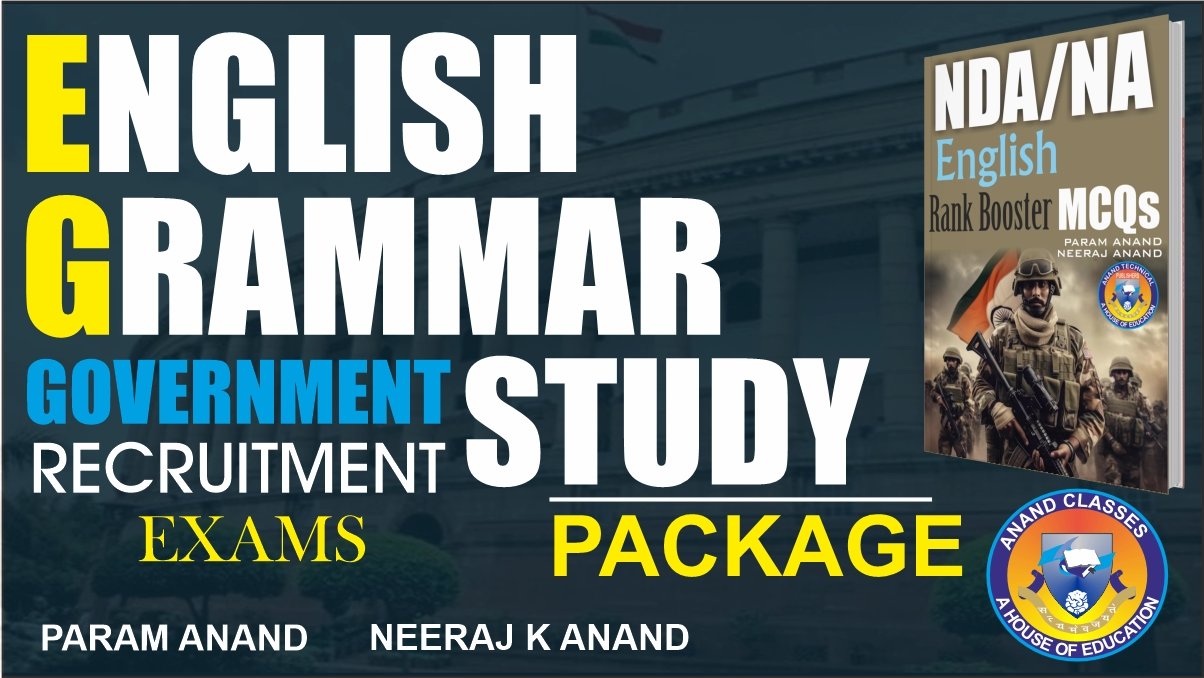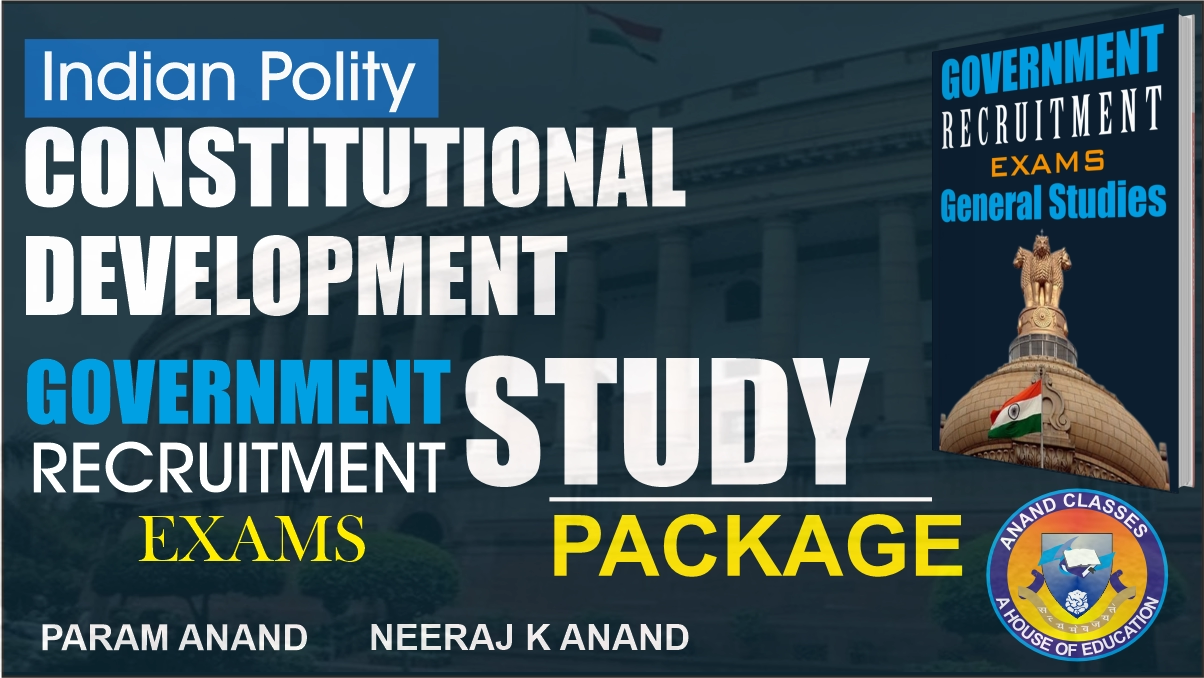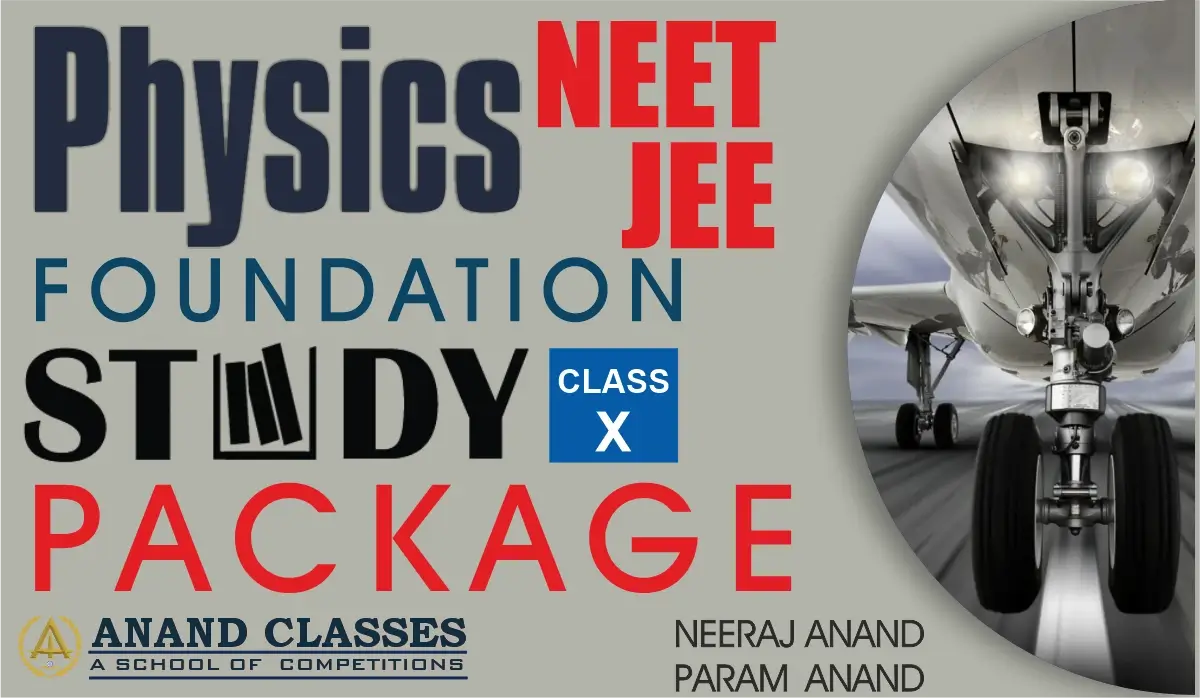What are Interrogative Negative Sentences? (उद्वाचक नकारात्मक वाक्य क्या होते हैं?)
Interrogative Negative Sentences ऐसे वाक्य होते हैं जो न केवल प्रश्न पूछते हैं बल्कि नकारात्मकता (not) को भी व्यक्त करते हैं। यह वाक्य यह दर्शाते हैं कि कोई कार्य नहीं किया गया है।
Sentence Structure (वाक्य संरचना)
👉 Do/ Does + Subject + not + Verb I (Base Form) + Object + ?
👉 Don’t/ Doesn’t + Subject + Verb I + Object + ?
Example:
- Does he not go to school? (क्या वह स्कूल नहीं जाता?)
- Doesn’t he go to school? (क्या वह स्कूल नहीं जाता?)
👉 दोनों वाक्य सही हैं, लेकिन दूसरा वाक्य ज्यादा सामान्य रूप से इस्तेमाल किया जाता है।
Examples of Interrogative Negative Sentences in English & Hindi
✅ (a) Does he not go to school?
➡ क्या वह स्कूल नहीं जाता?
✅ (b) Does she not go to school?
➡ क्या वह स्कूल नहीं जाती?
✅ (c) Do I not go to school?
➡ क्या मैं स्कूल नहीं जाता हूँ?
✅ (d) Do we not go to school?
➡ क्या हम स्कूल नहीं जाते हैं?
✅ (e) Do you not go to school?
➡ क्या तुम स्कूल नहीं जाते हो?
✅ (f) Do they not go to school?
➡ क्या वे स्कूल नहीं जाते हैं?
Important Rules for Verb Usage (क्रिया के प्रयोग के महत्वपूर्ण नियम)
✅ Rule 1: “es” का प्रयोग
👉 जब Verb (क्रिया) का अंतिम अक्षर s, ss, sh, ch, x, z, o हो, तो “es” जोड़ा जाता है।
🔹 Examples:
- go → goes (जाना)
- kiss → kisses (चूमना)
- search → searches (खोजना)
- pass → passes (पास करना)
- watch → watches (देखना)
✅ Rule 2: “y” को “i” में बदलना
👉 यदि Verb का अंतिम अक्षर “y” हो और उससे पहले कोई consonant (व्यंजन) हो, तो “y” को “i” में बदलकर “es” जोड़ा जाता है।
🔹 Examples:
- cry → cries (रोना)
- fly → flies (उड़ना)
- try → tries (कोशिश करना)
- copy → copies (नकल करना)
✅ Rule 3: “y” को बिना बदले “s” जोड़ना
👉 यदि Verb का अंतिम अक्षर “y” हो और उससे पहले कोई vowel (स्वर – a, e, i, o, u) हो, तो केवल “s” जोड़ा जाता है।
🔹 Examples:
- stay → stays (रहना)
- enjoy → enjoys (आनंद लेना)
MCQs for Competitive Exams (NDA, CDS, UPSC, AFCAT, RRB, IBPS-PO, SSC, KVS, CLAT, Sainik School, RMS, RIMC, etc.)
Q1: Choose the correct interrogative negative sentence:
(a) Do he not go to school?
(b) Does he not go to school?
(c) Do not he go to school?
(d) He does not go to school?
✅ Answer: (b) Does he not go to school?
🔹 Explanation: “Does” singular subject (he, she, it) के साथ प्रयोग किया जाता है और main verb (go) base form में रहती है।
Q2: Identify the incorrect sentence:
(a) Do they not play cricket?
(b) Do she not like coffee?
(c) Does he not watch TV?
(d) Do we not go to market?
✅ Answer: (b) Do she not like coffee?
🔹 Explanation: “She” के साथ “Does” आना चाहिए, इसलिए सही वाक्य होगा “Does she not like coffee?”
FAQs (Frequently Asked Questions)
Q1: When do we use “Do” and “Does” in interrogative negative sentences?
✅ Answer:
- “Do” is used with I, You, We, They.
- “Does” is used with He, She, It.
Q2: What is the difference between “Does he not go?” and “Doesn’t he go?”
✅ Answer:
दोनों वाक्य सही हैं, लेकिन “Doesn’t he go?” आमतौर पर बोलचाल की भाषा में अधिक इस्तेमाल किया जाता है।
Q3: Can we use “Don’t” and “Doesn’t” instead of “Do not” and “Does not”?
✅ Answer: Yes, “Don’t” और “Doesn’t” को संक्षिप्त रूप में उपयोग किया जाता है।
- “Do not” → “Don’t”
- “Does not” → “Doesn’t”
🔹 Example:
- “Do you not like tea?” → “Don’t you like tea?”
- “Does she not study?” → “Doesn’t she study?”
Buy Complete Study Material
📚 Get the best study material for NDA, CDS, UPSC, AFCAT, RRB, IBPS-PO, SSC, KVS, CLAT, Sainik School, RMS, RIMC Exams at Anand Classes
📘 Study Material Includes:
✅ Grammar & Vocabulary
✅ Previous Year Papers
✅ Mock Tests & Practice Questions
✅ Exam Strategies & Tips
✍ Proprietor: NIRMAL ANAND Educations
📝 Written by: Neeraj Anand
📖 Published by: Anand Technical Publishers
🏫 Under: Anand Classes
📞 Contact: +91-9463138669
📩 Email: anandclasses1996@gmail.com




